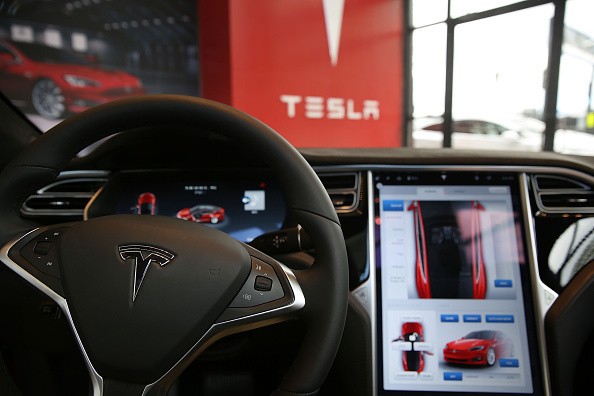Tesla is grappling with legal repercussions related to its Autopilot system, which has been implicated in several fatal accidents. The company has initiated a recall of more than 2 million electric vehicles due to software glitches that could impact the driver-assistance feature.

Facing Legal Challenges
Marked as Tesla's largest in history, Interesting Engineering reported that this follows a determination by a US safety regulator that Autopilot failed to guarantee driver alertness and attentiveness.
This verdict potentially strengthens the position of numerous plaintiffs who have filed lawsuits against Tesla, asserting that Autopilot was defective and posed safety risks in accidents.
This also suggests that Tesla may face significant compensations for victims and their families if it loses legal battles, with the likelihood of additional lawsuits emerging as more individuals contest the technology.
Six lawsuits are slated for trial next year in Florida, California, and Texas, alleging that Tesla permitted the use of Autopilot on unsuitable roads and failed to adequately warn distracted drivers-issues addressed by the recent recall.
Tesla places significant emphasis on its Autopilot system as a pivotal selling point. This system plays a crucial role in assisting drivers with steering and maintaining a safe distance from other vehicles on the highway.
Furthermore, Autopilot stands as a key contributor to Tesla's substantial market value, nearing $800 billion. Despite Tesla expressing disagreement with the National Highway Traffic Safety Administration's (NHTSA) assessment, the company opted for a voluntary recall to bring closure to the agency's investigation.
Addressing Glitches
Tesla has pledged to address the software glitches via an over-the-air update, introducing additional driver controls and alerts to enhance safety.
However, the company's admission in the recall notice raises concerns about the effectiveness of its Autosteer feature within the Autopilot system, acknowledging that it "may not be sufficient to prevent driver misuse."
According to Michael Brooks, the executive director of the Center for Auto Safety, this acknowledgment amounts to an admission of a safety defect.
Despite being the most extensive recall in Tesla's history, the initiative faces criticism from experts and lawmakers who argue that the company is not addressing the core issue: Tesla's allowance for the activation of Autopilot on any road, regardless of its suitability for the technology.
The Washington Post quotes two critics expressing dissatisfaction with the recall.
Law professor Matthew Wansley, specializing in emerging automotive technologies, deems it a "wasted opportunity" without a convincing explanation from Tesla or its supporters regarding the use of Autopilot on roads with cross traffic, a primary factor in many accidents.
Senator Richard Blumenthal (D-Conn.), a vocal Tesla opponent, asserts that the recall falls short of being sufficient.
Related Article : Tesla Is Recalling Almost All Vehicles Sold in the US - Here's Why

![Apple Watch Series 10 [GPS 42mm]](https://d.techtimes.com/en/full/453899/apple-watch-series-10-gps-42mm.jpg?w=184&h=103&f=9fb3c2ea2db928c663d1d2eadbcb3e52)



